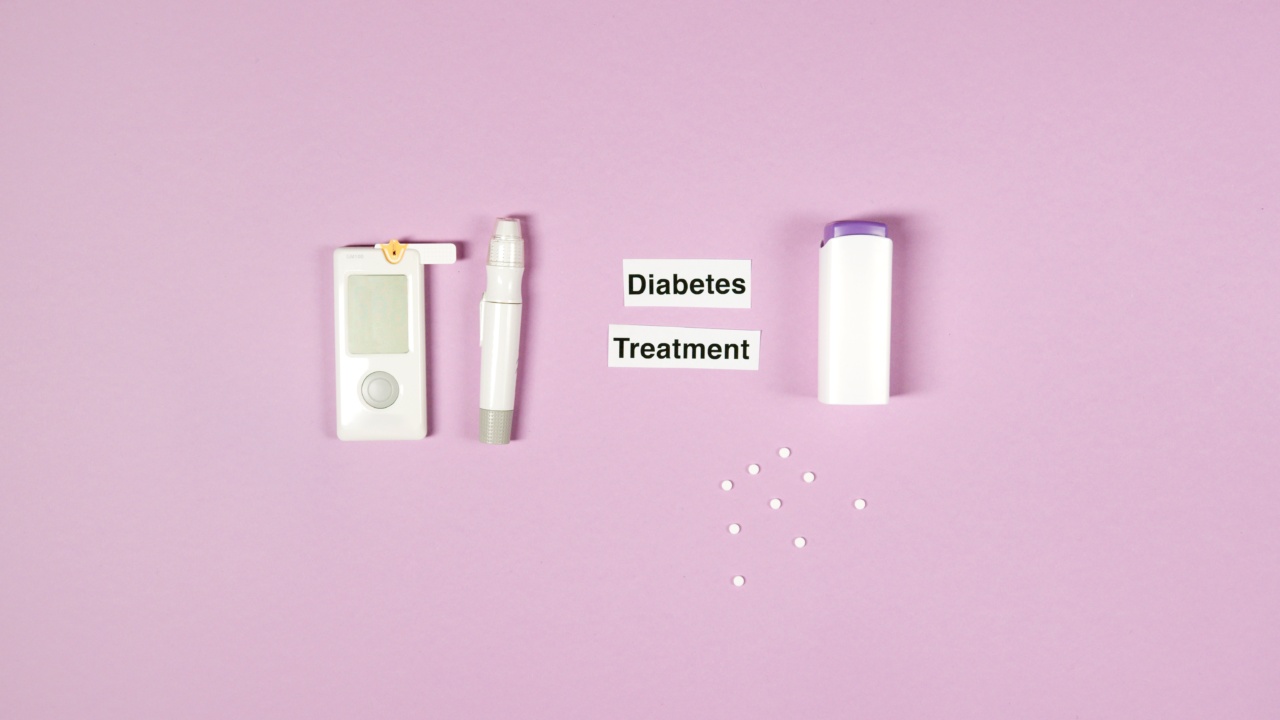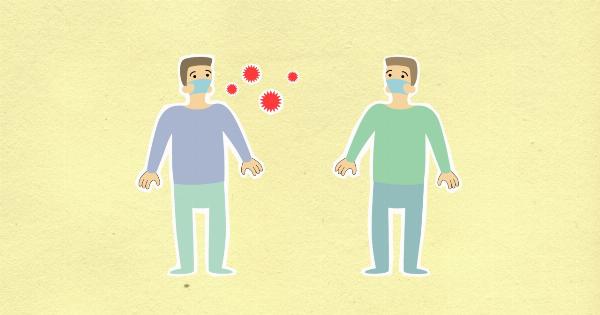World AIDS Day is observed each year on December 1st. It is an opportunity for people worldwide to unite in the fight against HIV, to show support for people living with HIV, and to commemorate those who have lost their lives to AIDS-related illnesses.
This annual event also aims to raise awareness about HIV/AIDS, promote prevention measures, and encourage testing and treatment.
The Global Impact of HIV/AIDS
HIV/AIDS has had a devastating impact on individuals, families, and communities around the world.
Since the beginning of the epidemic, more than 75 million people have been infected with HIV, and over 32 million people have died from AIDS-related illnesses. Currently, there are approximately 38 million people living with HIV globally. Despite these staggering figures, significant progress has been made in preventing new infections and improving access to treatment.
Prevention: Key to Ending the Epidemic
Prevention plays a crucial role in ending the HIV/AIDS epidemic.
Various prevention strategies have been implemented globally, such as promoting safe sex practices, providing access to condoms, advocating for needle exchange programs, and ensuring antiretroviral therapy (ART) for pregnant women to prevent mother-to-child transmission.
Education and awareness are equally important in preventing new infections. Promoting comprehensive and accurate information about HIV transmission, risk factors, and available prevention methods can empower individuals to make informed decisions.
Efforts should particularly focus on vulnerable populations, such as young people, sex workers, injecting drug users, and men who have sex with men.
Testing and Treatment: Essential for Ending AIDS
Early detection through HIV testing is crucial for prompt access to treatment and care. With advances in medical science, antiretroviral therapy (ART) has revolutionized the treatment and management of HIV/AIDS.
ART not only improves the health and quality of life for people living with HIV, but it also significantly reduces the risk of transmitting the virus to others.
However, globally, only an estimated 79% of people with HIV are aware of their status. Expanding access to HIV testing and counseling services is essential to reach those who are unaware of their infection and ensure early initiation of treatment.
Ending Stigma and Discrimination
Stigma and discrimination continue to hamper the HIV/AIDS response. People living with HIV often face prejudice, social exclusion, and human rights violations.
Stigma prevents individuals from getting tested, accessing treatment, and disclosing their status to others.
World AIDS Day aims to challenge stigma and promote a more inclusive society for people living with HIV.
By raising awareness, educating the public about the facts of HIV transmission and prevention, and fostering compassion and understanding, we can overcome the barriers of stigma and discrimination.
Engagement of Communities and Civil Society
Community engagement and involvement of civil society organizations are vital in addressing the HIV/AIDS epidemic.
Grassroots organizations, advocacy groups, and community-led initiatives have played a crucial role in raising awareness, promoting prevention measures, and providing support and care services to people living with HIV.
World AIDS Day provides an opportunity to highlight the contributions of communities and civil society organizations in the response to HIV/AIDS.
It is essential to empower these groups, ensure their meaningful participation in decision-making processes, and provide them with the necessary resources to continue their critical work.
Investing in Research and Innovation
Continued investment in research and innovation is key to future progress in the HIV/AIDS response. Scientific advancements have led to the development of more effective antiretroviral drugs, pre-exposure prophylaxis (PrEP), and other prevention tools.
Ongoing research aims to find a cure for HIV and develop a safe and efficacious vaccine.
Government support and funding for research, as well as collaborations between the scientific community, pharmaceutical companies, and other stakeholders, are essential to accelerate progress towards ending the AIDS epidemic.
International Collaboration
The fight against HIV/AIDS requires global collaboration and partnerships. International organizations, governments, civil society, and the private sector must work together to achieve the common goal of ending the epidemic.
Sharing best practices, resources, and knowledge can strengthen the HIV/AIDS response and ensure a more coordinated and effective approach.
Hope for Every Person
World AIDS Day is a reminder that there is hope for every person affected by HIV/AIDS. Advances in prevention, testing, and treatment have transformed the lives of millions of individuals.
With continued efforts and a united response, we can strive towards an AIDS-free generation.
Let us seize the opportunity presented by World AIDS Day to recommit ourselves to the fight against HIV/AIDS, echo the call for global solidarity, and work towards ending the epidemic once and for all.






























